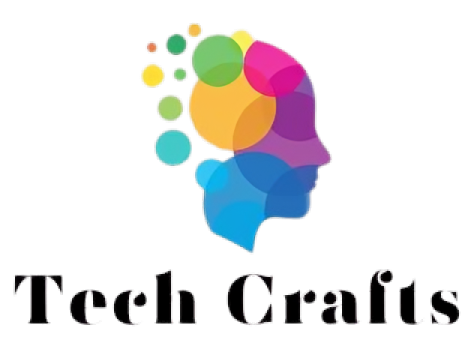In the age of digital transformation, artificial intelligence (AI) has emerged as a critical driver of business innovation and competitive advantage. An enterprise AI platform facilitates the incorporation of AI capabilities into various business processes, enhancing efficiency and decision-making. From improving customer experiences to optimizing operational workflows, AI platforms are changing the way businesses operate. Understanding the intricacies of these platforms is essential for leaders seeking to harness the power of AI within their organization. Keep reading to explore the multifaceted role of enterprise AI platforms and their transformative potential in the modern business landscape.
Understanding the Role of an Enterprise AI Platform in Modern Business
Alt text: A person sitting at a desk with a laptop and coffee, working on an enterprise AI platform.
An enterprise AI platform is more than just a technological upgrade; it’s a core element of a company’s strategy for staying competitive in today’s fast-paced market. These platforms provide the infrastructure needed to deploy, manage, and scale AI solutions, offering functionalities like data management, model development, and automated decision-making. By unifying AI components, they break down silos and foster cross-departmental collaboration.
These platforms are crucial for managing large-scale computations and complex data analysis. They allow businesses to scale AI initiatives without the burden of disparate systems, aligning projects with broader business goals. Acting as a catalyst for innovation, an enterprise AI platform enables organizations to stay ahead of market trends and continuously integrate emerging technologies.
Key Features of Enterprise AI Platforms for Scalability and Integration
A robust enterprise AI platform must be able to scale and integrate with existing systems and data sources, ensuring it can handle increased workloads and sophisticated algorithms without compromising performance or speed. It should act as a bridge, connecting disparate databases, applications, and software, facilitating a holistic approach to data analysis and insights generation.
Security and governance are crucial, with features like access controls, data encryption, and audit trails to maintain data integrity and regulatory compliance. Efficient governance mechanisms ensure ethical systems operate within ethical boundaries and maintain user trust. The best AI platforms offer a user-friendly environment, catering to experts and non-experts, democratizing AI adoption and allowing for a wider range of perspectives in developing and deploying AI solutions.
The Impact of Machine Learning and Data Analytics in Enterprise AI
Machine learning and data analytics are essential components of enterprise AI platforms, enabling businesses to automate processes like customer segmentation and predictive maintenance. These platforms also provide insights into customer behavior, supply chain optimization, and market changes forecasting. The integration of AI platforms with robust analytics tools allows companies to understand customer behaviors, optimize supply chains, and forecast market changes more accurately.
This integration also creates personalized experiences, enhancing customer satisfaction and loyalty. The synergy between machine learning algorithms and big data analytics leads to a continuous cycle of learning and improvement, making machine learning and data analytics the driving forces behind an AI platform’s transformative power.
Comparing Enterprise AI Platforms: Custom Solutions vs. Off-the-Shelf Software
Alt text: Two men in business attire sit on a couch, examining a map while discussing enterprise AI platform solutions.
The choice between custom AI solutions and off-the-shelf software depends on a business’s specific needs, resources, and strategic vision. Custom AI platforms offer tailored solutions, but can be expensive and time-consuming to develop. Off-the-shelf AI software is cost-effective and easier to deploy, but may lack the fine-tuning and specificity of custom solutions.
Compatibility with existing systems is also crucial. Custom AI platforms can integrate seamlessly into an enterprise’s technological fabric, while off-the-shelf solutions may require additional adjustments or overhauls. As AI technology evolves, both types of solutions offer businesses a range of options to align with their AI strategy and execution plans.
Future Trends in Enterprise AI Development and their Business Implications
Enterprise AI is poised to revolutionize business operations with advancements in deep learning, reinforcement learning, and generative models. Edge computing will enable AI platforms to become more distributed, enhancing operational efficiency and catering to an interconnected world. Ethical AI and explainable AI are also becoming increasingly important, as businesses and regulatory bodies scrutinize AI decisions more closely. Transparency and ethical guidelines will be incorporated into AI models to ensure compliance and build trust with customers and stakeholders.
The democratization of AI through user-friendly platforms will help close the gap between AI experts and business professionals, leading to widespread innovation and a more inclusive approach to problem-solving. The impact of AI on businesses will become more pervasive as it permeates various levels of decision-making and strategic planning.
Altogether, the role of enterprise AI platforms is crucial in steering businesses toward a more intelligent and automated future. By combining the power of machine learning, data analytics, and complex algorithms, these platforms are unlocking new efficiencies and insights. As enterprises harness the potential of AI, the integration of these platforms into their core operations will become not just beneficial but necessary for sustained success and competitiveness.





